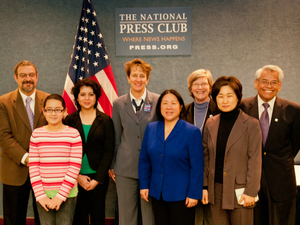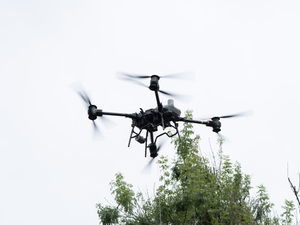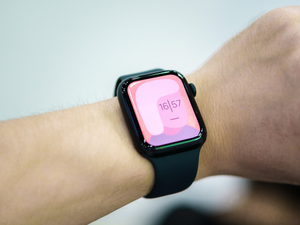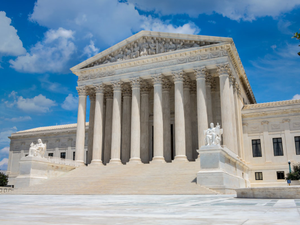Privacy Watchdogs vs. Police: The Fight Over Your License Plate Data

California’s Attorney General Rob Bonta is taking a bold stand against surveillance overreach, suing the City of El Cajon for potentially exposing residents’ personal data to out-of-state agencies. The lawsuit centers on automated license plate reader (ALPR) technology, which captures vehicle information and could potentially be used to track vulnerable populations.
At the heart of the legal battle is a state law designed to protect residents’ privacy by restricting how law enforcement shares collected data. El Cajon’s police department allegedly shared license plate information with agencies in states like Texas, Florida, and Georgia – regions with significantly different policies regarding immigrants and reproductive rights.
Privacy advocates have long warned that such data sharing can put immigrant communities and individuals seeking reproductive healthcare at risk. Federal agencies like Immigration and Customs Enforcement (ICE) and Border Patrol have previously accessed local surveillance systems to identify potential targets for deportation.
El Cajon’s Mayor Bill Wells defends the data-sharing practices, arguing that it’s a legitimate law enforcement tool that helps track potential criminal activity across state lines. However, Bonta maintains that these practices undermine community trust and potentially expose residents to significant personal risks.
The lawsuit, filed in San Diego Superior Court, seeks to declare El Cajon’s data-sharing practices unlawful and force the city to cease such activities. This legal action comes on the heels of Governor Gavin Newsom’s recent veto of Senate Bill 274, which would have implemented stricter regulations on license plate reader technology.
As surveillance technologies become increasingly sophisticated, the tension between public safety and individual privacy continues to intensify. Bonta’s lawsuit represents a critical moment in protecting Californians’ personal information and preventing potential misuse of technological tools designed for law enforcement.
The outcome of this case could set a significant precedent for how municipalities handle sensitive data collection and sharing, potentially reshaping privacy protections across the state.
AUTHOR: mb
SOURCE: CalMatters






















































